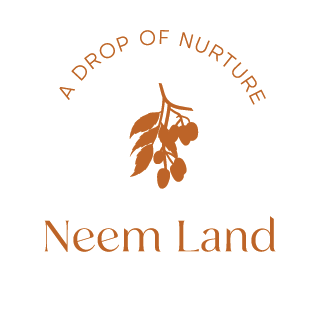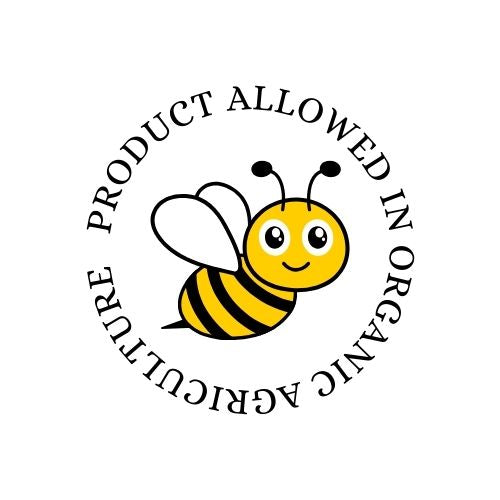Neem oil is known for its properties that can help improve the growth of sunflowers and prevent pests. Azadirachtin, the active ingredient in neem oil, possesses insecticidal properties that can aid in preventing pests such as aphids and beetles. Furthermore, neem oil also exhibits fungicidal properties that can help prevent various diseases affecting sunflowers.

When applying neem oil to sunflowers, it's important to follow the manufacturer's instructions regarding dosage and application method. In general, the recommended concentration of neem oil for application to sunflowers is between 0.5% to 2%. This means that 5 to 20 ml of neem oil should be mixed with each liter of warm water or another suitable spray carrier.
When applying neem oil to sunflowers, it's crucial to treat the entire plant, especially the underside of the leaves, as pests often inhabit this area. It's also important to apply neem oil during the early stages of sunflower growth and repeat as necessary according to the manufacturer's guidelines.
However, it's important to note that neem oil should not be used during later stages of sunflower growth, as it can impact seed quality. Additionally, avoiding the use of neem oil during flowering is recommended, as it could disrupt pollination.
In summary, applying neem oil to sunflowers can help improve plant growth and prevent pests and diseases. It's important, however, to use it in accordance with the manufacturer's instructions and to avoid application during later stages of sunflower growth and flowering.
Neem oil possesses several properties that can assist in combating various diseases affecting sunflowers. Active ingredients in neem oil, such as azadirachtin and nimbin, have antimicrobial, antifungal, and anti-parasitic properties that can aid in preventing or treating different diseases.
Some common issues in sunflower cultivation that can be treated with neem oil include: • Sclerotinia: This disease, caused by a fungus, can significantly reduce sunflower yields. Using neem oil can help prevent the spread of sclerotinia. • Sunflower blight: This disease appears on sunflower leaves, stems, and flowers. It can lead to yield loss and seed quality reduction. Neem oil application can help mitigate the spread of sunflower blight. • Fusarium: Fusarium is a fungal disease that can lead to root and stem rot in sunflowers. Applying neem oil can help prevent the spread of this disease. • Black mold: This fungal disease can cause root and stem rot in sunflowers, potentially reducing seed quality. Neem oil application can help prevent the spread of black mold.
In addition to using neem oil to combat these diseases, it's important to implement other plant protection measures, such as avoiding excessive watering, proper fertilization, and maintaining a clean field. The application of neem oil to sunflowers should be in line with the manufacturer's instructions, typically through spraying the entire plant, particularly the undersides of the leaves.
Neem oil is a natural product derived from the neem tree's seeds. It is known for its insecticidal and pesticidal properties and is commonly used in agriculture as an eco-friendly alternative to chemical pesticides.
If you've experienced flooding in a sunflower field, neem oil can aid in the recovery and protection of plants after such an event. Here are some ways you can use it: • Insect protection: Neem oil's natural insecticidal properties make it effective in controlling insects that may threaten sunflowers. Mix neem oil with water and spray the plants to shield them from pests. • Fungal infection prevention: Floods can create favorable conditions for fungal growth. Neem oil's antifungal properties can help prevent infections. Prepare a solution of neem oil and water and apply it to plants to reduce the risk of fungal diseases. • Promoting plant growth: Neem oil can also have a positive impact on plant growth. It contains nutrients that can aid in plant recovery after flooding. Apply diluted neem oil to the plant roots to provide additional support for recovery.









